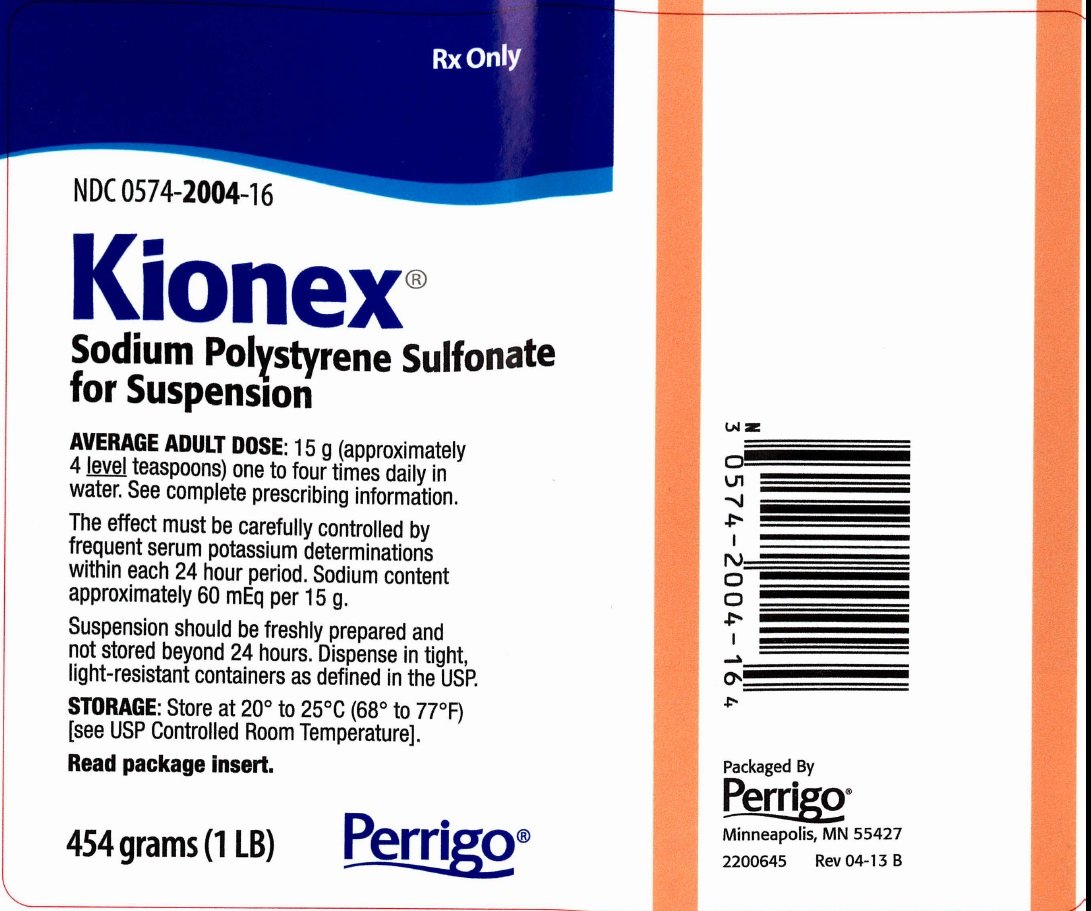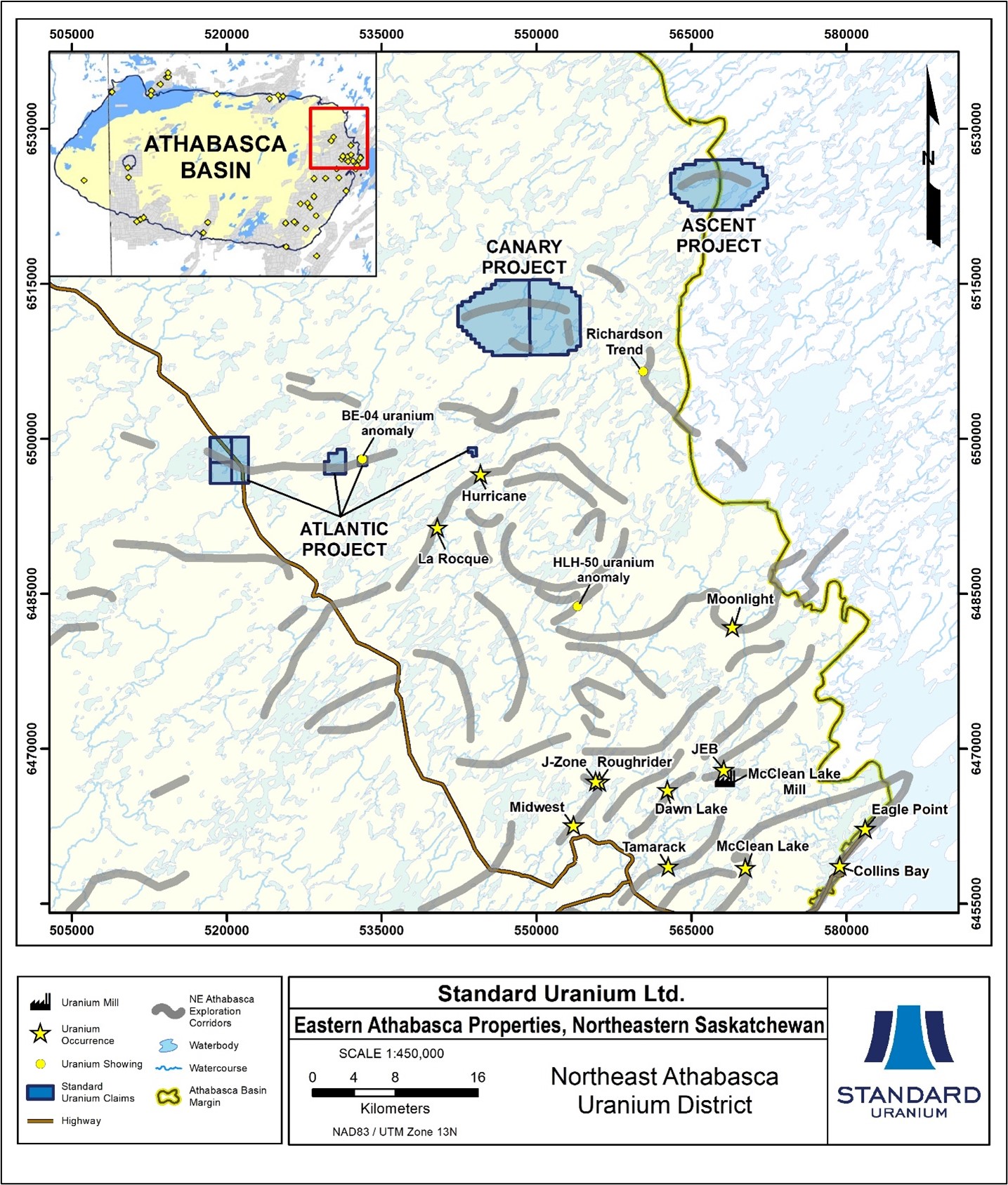The release of the Fifth National Climate Assessment has prompted the announcement of billions of dollars in investments to build more resilient communities in the Chicago area. Of particular interest are two funding goals: $300 million to reduce flooding risks and $2 billion to address environmental justice challenges. The region has experienced historical levels of flooding in recent years, with low-income communities of color bearing the brunt of climate-related disasters.
The Midwest chapter of the national assessment highlights the threats faced by the region, including rising temperatures, drought, and extreme precipitation. The Midwest has already incurred over $49 billion in economic damages due to flooding since 1980. The report emphasizes the need to understand the broader impacts of climate change beyond just warming temperatures.
Infrastructure design must account for the added uncertainty of climate change. This includes implementing green infrastructure, such as rain gardens and native species, to absorb and filter stormwater runoff. It also involves making traditional gutters, drains, and sewers more resilient. However, concerns have been raised about the adequacy of the Chicago region’s $3.8 billion sewer overflow and flooding control project, which began construction almost 50 years ago.
The disproportionate impact of climate change on marginalized communities is a growing concern. The national assessment points out that those living and working closest to hazards and with limited access to resources and resilient infrastructure will face the most risks. This includes Black, Hispanic, Tribal, Indigenous, and socioeconomically disadvantaged communities.
Efforts are underway to address these challenges. The city of Chicago has released a cumulative impact report that outlines the disproportionate effects on low-income communities of color. The report designates environmental justice neighborhoods that will receive special considerations in future zoning and permitting decisions. Additionally, organizations like The Nature Conservancy have created mapping tools to identify socially vulnerable areas where nature-based solutions can help address climate challenges.
Scientists and institutions in Chicago are studying the hyperlocal impacts of pollution and climate change. The Community Research on Climate and Urban Science (CROCUS) project, led by Argonne National Laboratory, is deploying sensors across the city to study how severe weather events affect historically under-resourced neighborhoods. The goal is to collect data that can inform targeted solutions.
While progress is being made, there is recognition that more needs to be done to address the injustices faced by communities most at risk. The focus is on setting ambitious goals with an eye toward equity and bringing resources to where they are needed the most. This work requires authentic relationships and a commitment to listening to the concerns of affected communities.











